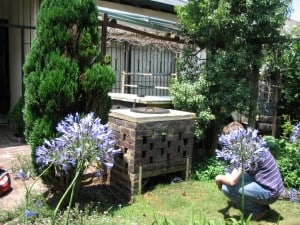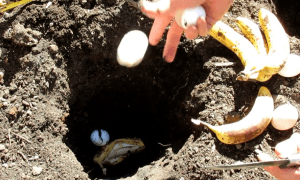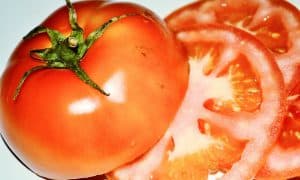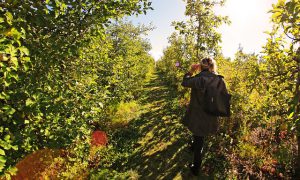 Compost is essentially the ultimate element for creating rich, fertile soil. If every one of us have composted all of our kitchen wastes at home, the world will certainly be a cleaner and more bountiful place. Although there are some people who are quite nervy because of this different and seemingly complicated process – well, fear not – as you simply could never do it wrong. Organic composting is actually nothing more than just assessing and then guiding the natural course by which organic wastes decompose. Perhaps, the only challenge here is finding adequate organic materials to help boost the health of your garden soil.
Compost is essentially the ultimate element for creating rich, fertile soil. If every one of us have composted all of our kitchen wastes at home, the world will certainly be a cleaner and more bountiful place. Although there are some people who are quite nervy because of this different and seemingly complicated process – well, fear not – as you simply could never do it wrong. Organic composting is actually nothing more than just assessing and then guiding the natural course by which organic wastes decompose. Perhaps, the only challenge here is finding adequate organic materials to help boost the health of your garden soil.
How to Make Organic Compost
- Nope, you don’t need a compost bin to make good compost. All you need is to prepare a site that’s about 3-feet long and 3-feet wide. Creating a pile of this size will already have sufficient mass to decompose even without a bin.
- Next, take out a shovelful or two of garden soil. After that, start gathering carbon-rich materials (these are “brown” bits and pieces like fall leaves, dead florwers, straw, and shredded newspaper) as well as nitrogen-rich materials (which includes “green” matters like grass clippings, vegetable peelings, fruit rinds, and herbivore animal manure).
- Continue on building the pile by spreading a layer of several inches of thick, coarse, “brown” materials such as dried leaves or cornstalks.
- Cover the first layer with a few inches of “green stuff” like plant-based kitchen wastes, add a thin layer of soil then add another layer of brown stuff.
- Don’t forget to keep all three layers of this pile moist (but not soggy) by turning the pile and moving the stuff in it using a shovel or a garden fork every two weeks.
- One sign which indicates that the pile is already heating up as a result of the materials in it decaying is when you see steam rising from the pile itself as you first turn it.
- If you turn the pile once every two weeks to keep it moist, you most likely begin to see earthworms thriving throughout the pile. The pile’s center will eventually turn into black and crumbly, sort of sweet-smelling “black gold”.
- Once you have adequate finished organic compost in the pile to use in your garden, start shoveling out the finished compost and then begin your next pile with any material which had not fully decomposed in the previous one.
Three Sample Compost Recipes
In order for you to make the most compost in a short amount of time, you may try some of the quick and easy but proven recipes below. Just mix the ingredients for each organic compost recipe thoroughly and follow the abovementioned guidelines.
- Recipe No. 1 – Two parts grass clippings + 1 part chicken manure + 1 part shredded leaves
- Recipe No. 2 – Two parts kitchen scraps + 1 part chicken manure + 1 part shredded leaves
- Recipe No. 3 – Four parts kitchen scraps from fruits and vegetables + 2 parts chicken or cow manure + 1 part shredded newspaper (black ink only) + 1 part shredded dry leaves.






